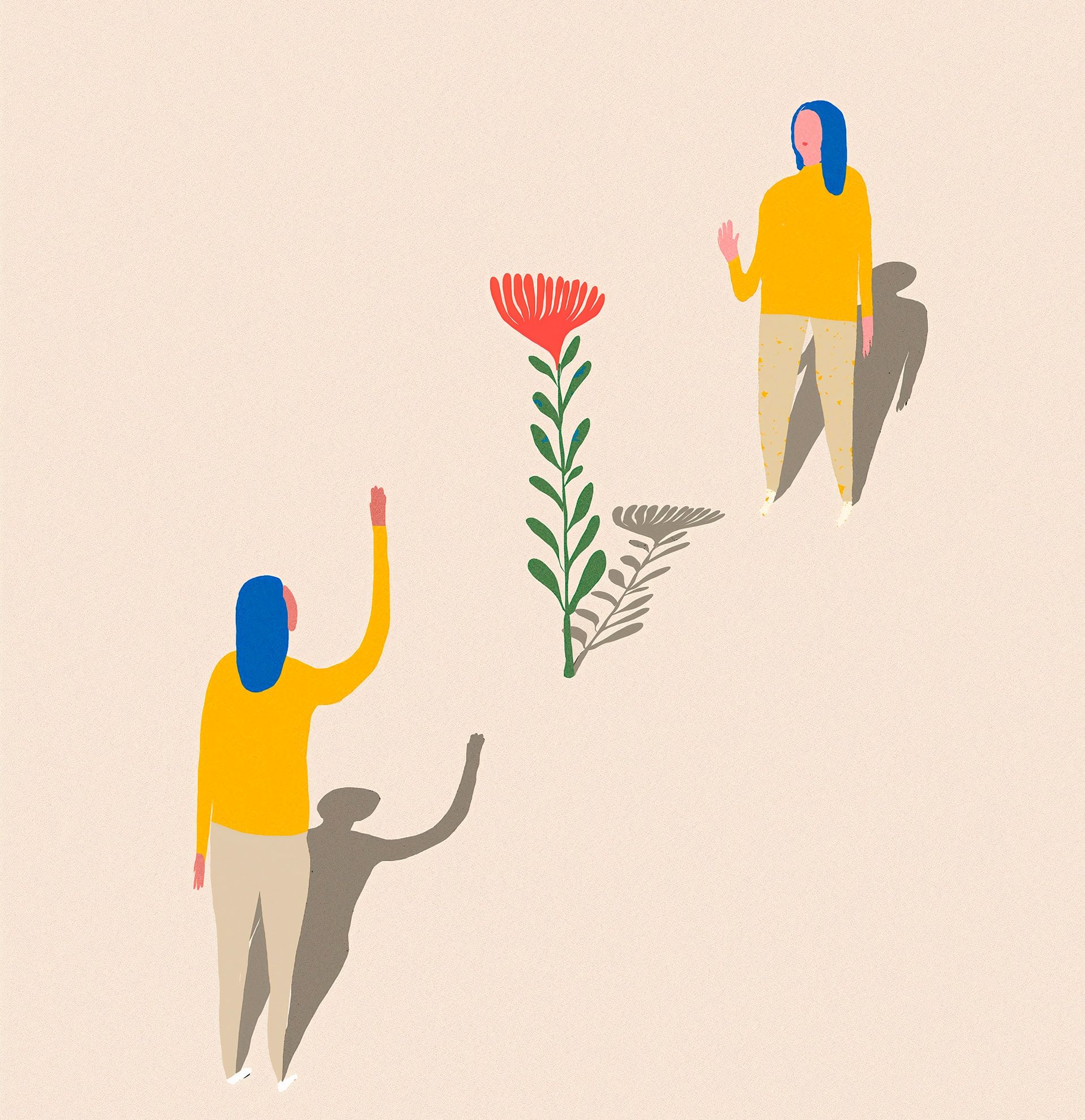The Beatles song “All You Need Is Love” was released in July 1967, a time known as “the summer of love.” The song represented a social phenomenon encompassing hippie music, drugs, antiwar demonstrations, and free love, and it was a time of deep interconnectedness and positive vibes.
Perhaps this summer is a good time to bring back the summer of love as we deal with the uncertain challenges of COVID-19. None of us are immune.
At this point in the pandemic, whether we’re living alone or with others, many of us do need a lot of love in various forms. Out of necessity, we’ve had to shift so many aspects of our lives. Whether we’ve been sheltering in place or are just out and about, there is much about our world that is different. We’re adjusting to the “new normal.” By far, this is not a typical summer. We’re advised not to engage in activities such as traveling or having social gatherings such as barbeques, which many of us are accustomed to doing.
In their song, the Beatles were referring to the importance of love and compassion in our lives. To empathize with the suffering and misfortune of others, we need to feel what they’re going through. The Beatles were absolutely right about this, and during these uncertain times, this concept is more important than ever. “Love, love, love,” is the most important refrain in the song.
It’s true that what we often need is love, and the coronavirus is encouraging a sense of interconnectedness, even across borders. In fact, in many ways, the world seems to be one single country. While the medical authorities and scientists fight hard to provide guidelines to minimize the spread of the virus, it would serve us well if the rest of us focused on increasing our sense of love and compassion for one another—and humanity at large.
Paying attention to, and being mindful of, the suffering of others is an important component of having compassion and offering love. When we take the time to offer compassion, we’re not only helping others, but we’re helping the world as a whole. We also can feel a deep sense of satisfaction when we do so.
In many cases, the virus is encouraging many of us to be kinder to one another, regardless of the frustration we’re feeling. It will be kindness, compassion, and love that will carry us through these very challenging times. Of course, there’s no guarantee that we won’t contract the virus or any other physical ailment, but giving and receiving love can help with feelings of isolation, loneliness, and helplessness. It can also help keep us healthy and hold our communities together.
In his book Tribe, Sebastian Junger discusses our tribal connection and our strong instinct to belong. He says that we’re a part of a tribe depending upon where we live and who we live among. He believes that being a part of a tribe gives us a common purpose, which can help make us psychologically healthy. In today’s society, the sense of tribe is often lost, but regaining it can further increase our psychological health.
In many ways, the digital world has helped many people connect in a tribal way—connecting with family and friends not seen or heard from in a long time helps nurture the tribe. Online platforms help to bridge divides and connect us with our own tribes, as well as with other communities.
Bringing love and compassion into your life as a way of connecting and feeling a part of your tribe can be done in a number of ways. Here are some ideas:
- Provide assistance to friends and family members who are high-risk.
- Offer encouraging words, both verbally and in writing (emails, texts, etc.).
- Be a good listener.
- Write letters to the editor where you suggest ideas for building connections in the community.
- Donate nonperishable goods to food pantries.
- Pick up prescriptions or food or needy neighbors
- Give others gift certificates for local stores/restaurants.
- Organize virtual playdates and video chats.
- Spread compassion and kindness in any way possible.
As Rick Hanson says in his book Buddha’s Brain, “Compassion responds primarily to suffering, but kindness comes into play all the time, even when others are doing fine. Kindness is expressed mainly in small, everyday ways, such as leaving a big tip, reading one more story to a child even though you’re tired, or waving another driver to move ahead of you in traffic” (p. 157).
References
Hanson, R. (2009). Buddha’s Brain: The Practical Neuroscience of Happiness, Love and Wisdom. Oakland, CA: New Harbinger Publications, Inc.
Junger, S. (2016). Tribe: Homecoming and Belonging. Twelve Publications.


